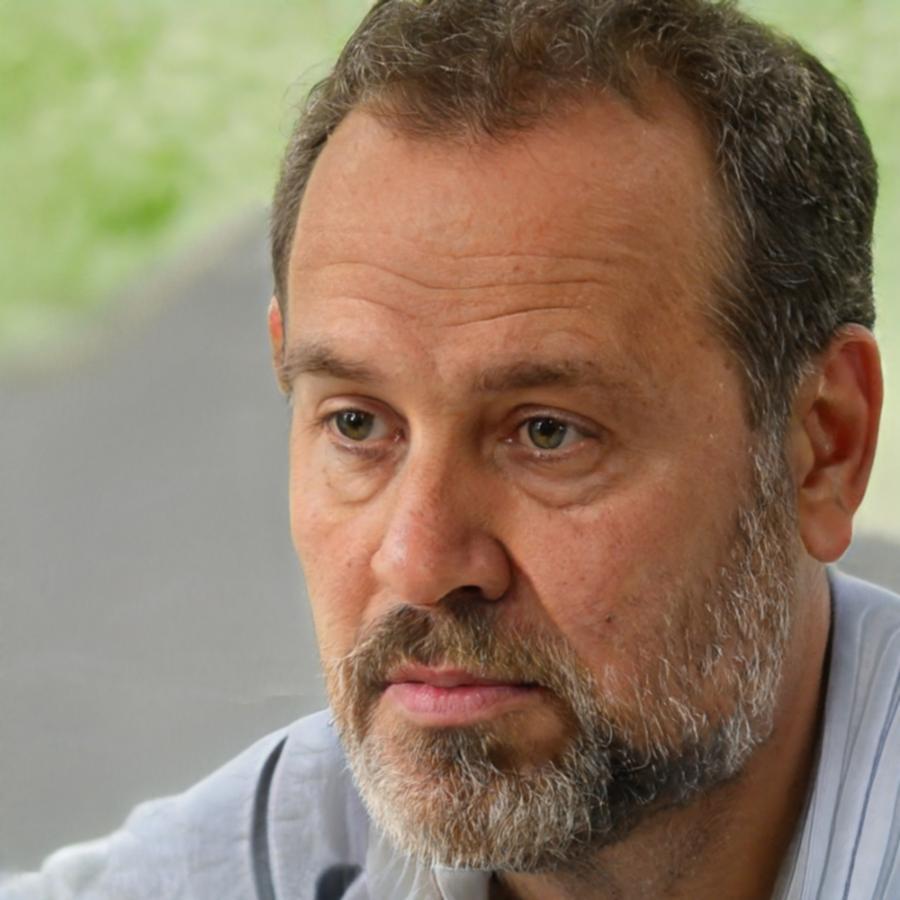Why Smart People Make Bad Money Decisions
Explore cognitive biases that affect financial choices, with specific examples from Korean consumer behavior and practical exercises to recognize these patterns.
- Anchoring bias in price perception
- Social proof in spending habits
- Loss aversion and saving behavior


